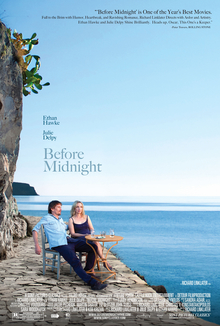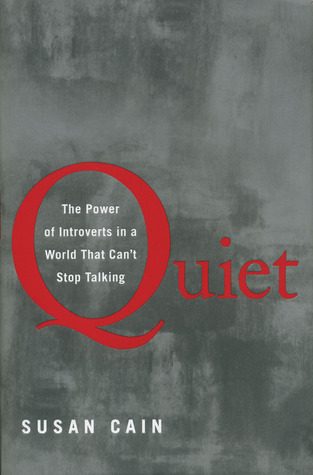Orphan Black kicks off when Sarah Manning (Tatiana Maslany), a British con artist living in some generic North American city (the show is deliberately ambiguous about the setting), witnesses a woman named Beth Childs committing suicide at a train station. Before Beth jumps, Sarah gets a good look at her and is shocked to discover that they look identical. Sarah steals Beth's things and assumes her identity in the hopes of raiding her bank account and making a quick buck. Unfortunately, she quickly discovers that there was a reason Beth looked so much like her - they are clones.
Beth might be dead, but soon other clones start coming out of the woodwork. Beth had discovered this secret and was looking for other clones in North America and beyond. Turns out she was in touch with a few of them before her untimely death and Sarah must now reluctantly join forces with them to investigate their past and discover why anyone would have cloned them in the first place.
Maslany is acting her brains out on this show, playing several different clones who are often all in one scene together. There are scenes where three clones are talking to each other and you cannot believe that just one woman is embodying these incredibly different characters. Maslany adopts different accents and different mannerisms, and each clone is a completely independent and distinct entity from the rest. The writing on the show is also top-notch, with each show ending on a cliffhanger that keeps you coming back for more. The suspense will keep you on the edge of your seat and every episode brings twists and turns that will astonish you. But nothing is quite as astonishing as Maslany's powerhouse performance.
Orphan Black is a ridiculously entertaining show with a great premise and fantastic cast. Maslany missed out on an Emmy nomination this year, but there's no doubt that she will be sweeping up all the awards once more people start watching this show. She already won the Critic's Choice Television Award, beating out people like Claire Danes and Julianna Margulies, and I look forward to seeing what she does on subsequent seasons of Orphan Black. Bring on the clones!










